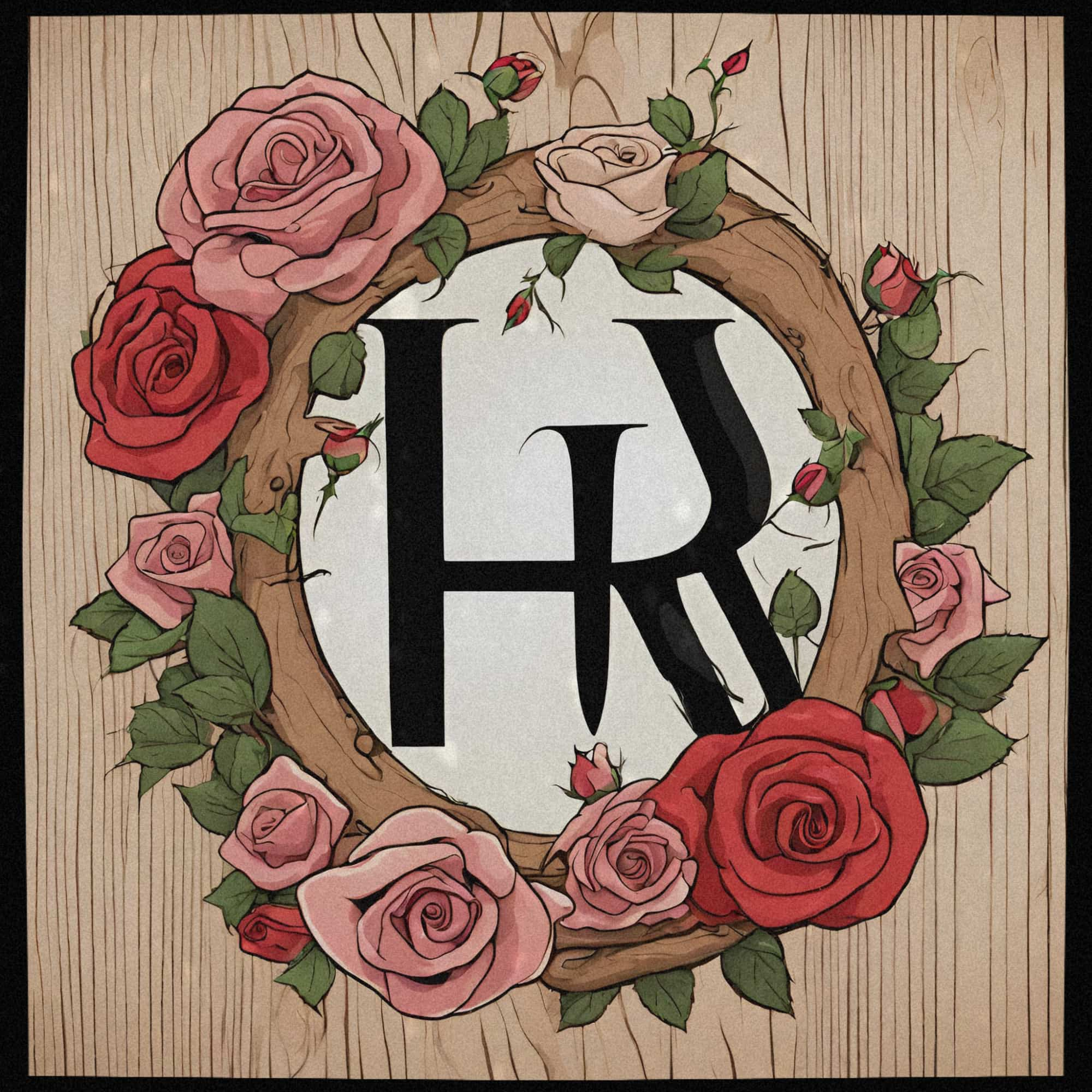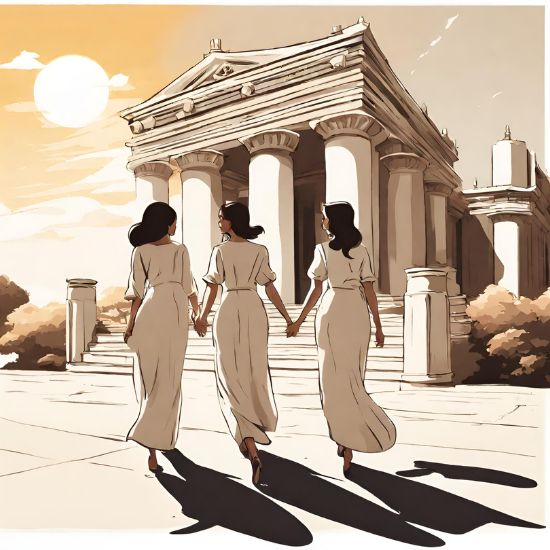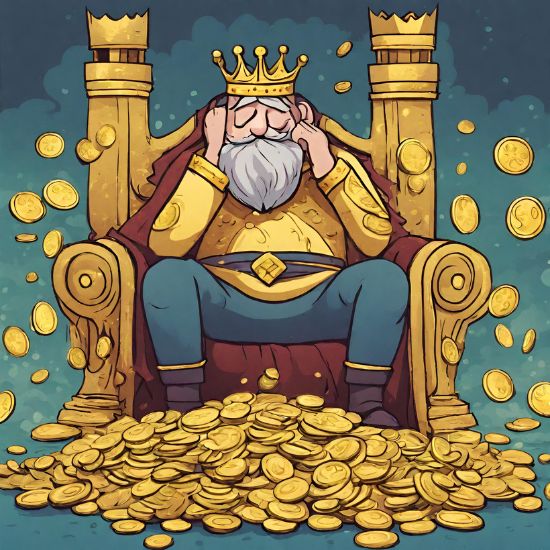Introduction
The interconnectedness of health, wealth, and romanticism forms the foundation of a balanced and fulfilling life. Health, encompassing both physical and mental well-being, is vital for individuals to lead fulfilling lives and contribute to a sustainable existence. The concept of wealth has evolved to include not only financial prosperity but also mental and emotional satisfaction, aligning with the idea of sustainable living. Romanticism, as a reaction against the rationalism of the Enlightenment, emphasizes emotion, individualism, and the awe-inspiring power of nature, encouraging people to appreciate the intangible aspects of existence. By recognizing the significance of these three pillars, individuals can strive for a harmonious coexistence with the natural world while enjoying a balanced and meaningful life.
Discover three pillars of human life.
Health
Health is essential for living in harmony with the Earth from which we originate.
Both physical and mental health are fundamental for overall well-being. The concept of health has evolved over time, from the Renaissance humanism to the philosophical Enlightenment and even to Romanticism. In modern society, there is a growing emphasis on the importance of holistic health, including mental, emotional, and social well-being. The pursuit of health has led to increased life expectancy and a greater variety of healthcare options in the public, private, and third sectors. However, there are also challenges such as individualistic tendencies and a reduction in resources for healthcare. Embracing a holistic approach to health is crucial for individuals to lead fulfilling lives and contribute to a sustainable existence.
Wealth
Wealth, not necessarily in terms of money, but as a state of being content with what one possesses, is integral to a high quality of life. While financial wealth is important for meeting basic needs and achieving certain comforts, true wealth also encompasses mental and emotional satisfaction. The concept of wealth has been redefined to include aspects such as personal fulfillment, meaningful relationships, and a sense of purpose. This broader understanding of wealth aligns with the idea of sustainable living, where individuals seek contentment through experiences, relationships, and personal growth rather than the accumulation of material possessions.
The paradox is that wealth can be reached through a minimalist living.
Romanticism
Romanticism adds a touch of love and well-being to life, allowing individuals to contemplate aspects that cannot be fully grasped through a purely logical approach. In the context of literature and art, Romanticism emerged as a reaction against the rationalism of the Enlightenment. It emphasized emotion, individualism, and the awe-inspiring power of nature. The Romantic movement sought to capture the beauty and complexity of human emotions, often delving into themes of love, longing, and spiritual connection. In everyday life, romanticism encourages people to appreciate the intangible aspects of existence, fostering a deeper sense of empathy, creativity, and wonder.
By recognising the interconnectedness of health, wealth, and romanticism, individuals can strive for a balanced and fulfilling life that not only benefits their own well-being but also contributes to a more harmonious coexistence with the natural world. Living this connection allows us to have a happy life.
Although a different approach from what reason offers, life doesn’t necessarily have to be so. In fact, a planned and organized life, aimed at reducing risks and problems, can be balanced by a fair amount of romanticism, allowing us to enjoy experiences with our loved ones. Health, wealth, and romanticism are three characteristics that together make a difference in the long journey of life. Live well in the short term, but keep an eye for the long term.
This perspective emphasizes the importance of embracing a balanced approach that integrates rational planning with emotional fulfillment and meaningful connections.




